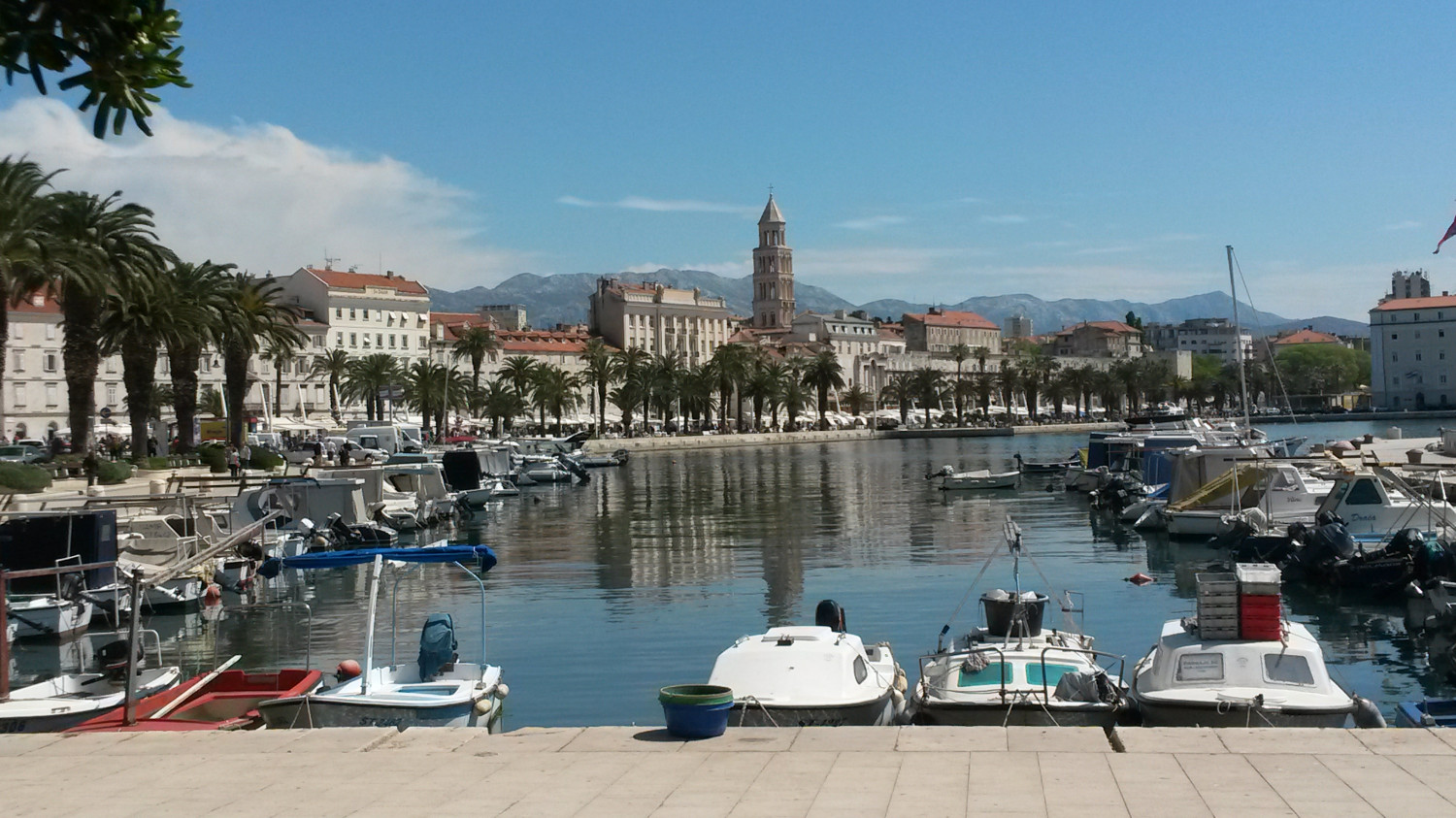15 Aug. The greatest of all God's gifts
"And now I will show you the best way of all: I may speak in different languages of people or even angels. But if I do not have love, I am only a noisy bell or a crashing cymbal."
"I may have the gift of prophesy. I may understand all the secret things of God and have all knowledge, and I may have faith so great I can move mountains. But even with all these things, if I do not have love, then I am nothing."
"I may give away everything I have, and I may even give my body as an offering to be burnt. But I gain nothing if I do not have love."
"Love is patient and kind. Love is not jealous, it does not boast, and it is not proud. Love is not rude, is not selfish, and does not get upset with others."
"Love does not count up wrongs that have been done. Love is not happy with evil but is happy with the truth. Love patiently accepts all things. It always trusts, always hopes, and always remains strong."
"Love never ends. There are gifts of prophesy, but they will be ended. There are gifts of speaking in different languages, but those gifts will stop. There is the gift of knowledge, but it will come to an end. The reason is that our knowledge and our ability to prophesy are not perfect. But when perfection comes, the things that are not perfect will end."
"When I was a child, I talked like a child. I thought like a child, I reasoned like a child. When I became a man, I stopped those childish ways. It is the same with us. Now we see a dim reflection, as if we were looking into a mirror, but then we shall see clearly. Now I know only a part, but then I will know fully, as God has known me."
"So these three things continue for ever: faith, hope and love. And the greatest of these is love."
(1 Corinthians 13:1-13)

This is one of the most popular passages in the Bible, especially at weddings; it is also one of the most misunderstood.
In 1 Corinthians 13, Paul says that the greatest of God’s gifts is self-sacrificing love. (The Greek word 'agape' that Paul uses for ‘love’ means ‘self-giving’, not sexual attraction or romantic love).
Paul doesn't say that the other gifts given by the Holy Spirit that he mentions are unimportant; but he does say that these gifts must be exercised with consideration and love for others: “I may speak in different languages of people or even angels. But if I do not have love, I am only a noisy bell or a crashing cymbal” (1 Corinthians 13:1).
And to make it quite clear what kind of 'love' he is talking about, Paul goes on to describe the sort of self-giving love he is referring to: “Love is patient and kind. Love is not jealous, it does not boast, and it is not proud. … Love patiently accepts all things. It always trusts, always hopes, and always remains strong” (1 Corinthians 13:4 & 7).
Nor does he say that the gifts of languages, prophesy, knowledge and faith will end in this life - but only when perfection comes in the next life.
Paul explains that a believer’s understanding of God’s ways is only partial in this life. “Now we see a dim reflection, as if we were looking into a mirror, but then we shall see clearly” (1 Corinthians 13:12).
So when we see God face to face we may have no need for different languages, prophesy and knowledge; but in the meantime, these are useful spiritual gifts that God gives to believers.
In the longer term, "three things continue for ever: faith, hope and love. And the greatest of these is love." (1 Corinthians 13:13)
The photo shows the yacht harbour & ancient centre of Split in Croatia.
You can read more from Paul's First Letter to the Corinthians @ https://www.thebiblejourney.org/…/14-pauls…/spiritual-gifts/
